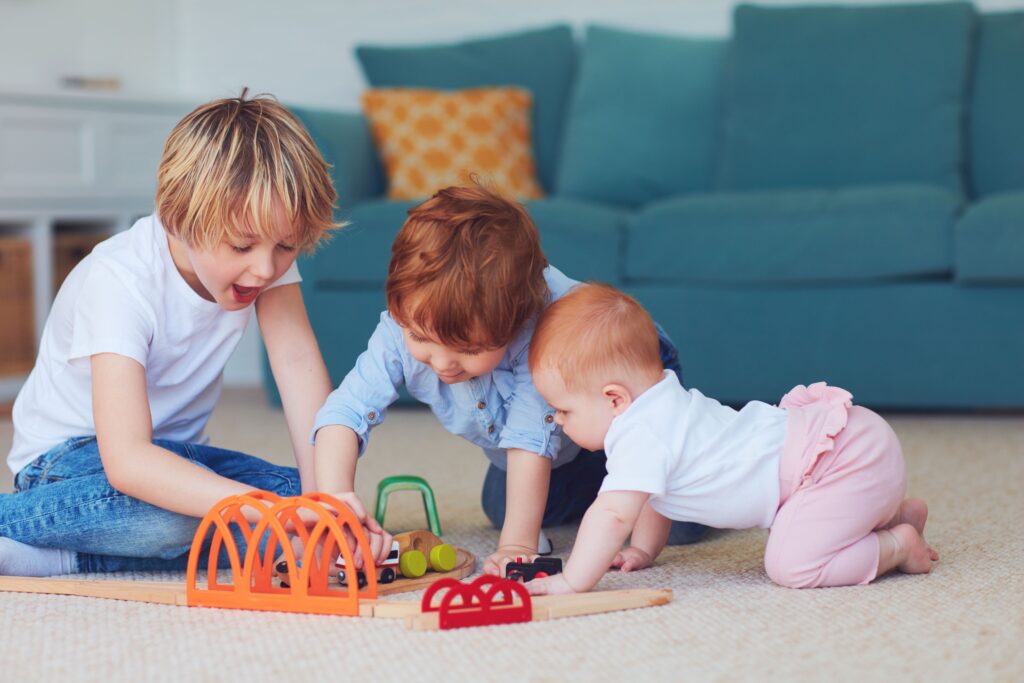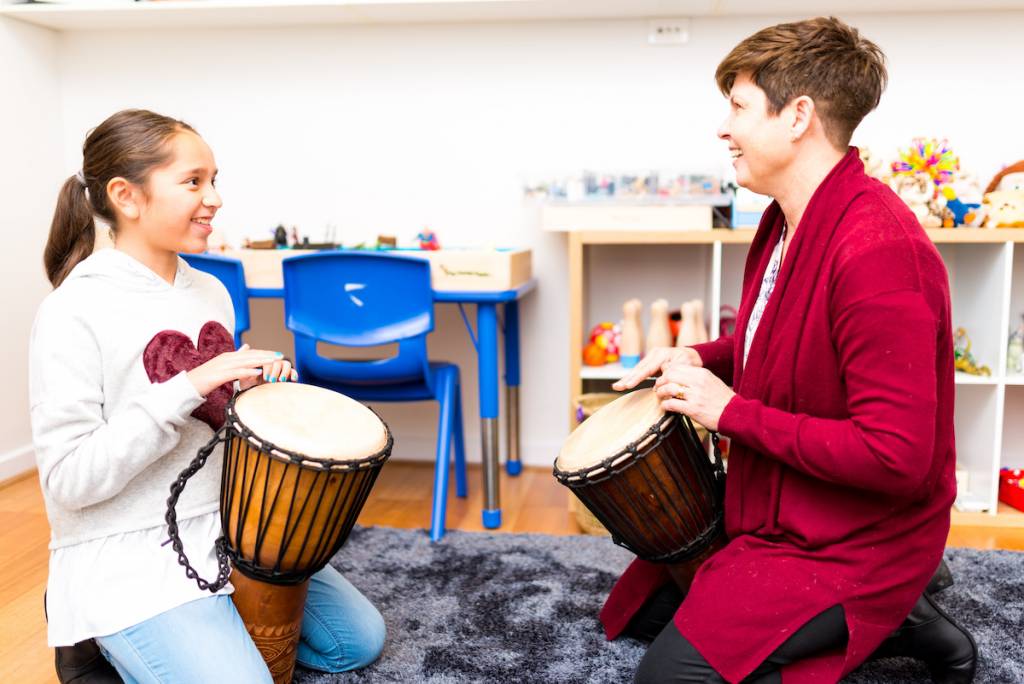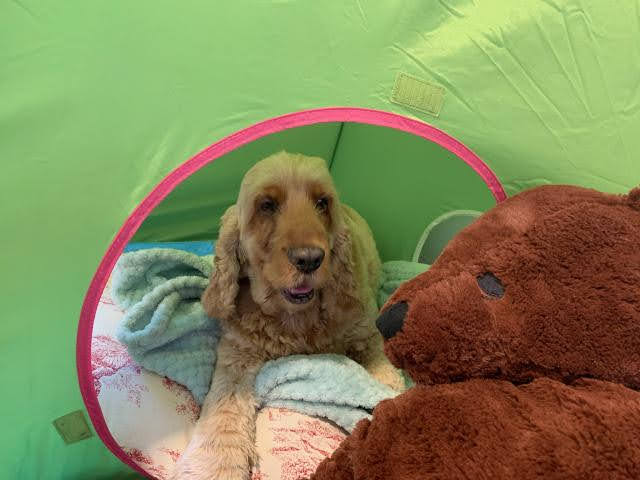Diagnosis and Labels
Shakespeare once wrote, “What’s in a name? A rose by any other name would smell as sweet?” So why would we seek out new names or labels for our kids?
Challenging behaviours may present in childhood for a wide range of reasons. Some may be related to underlying neurological differences. At CoRe Kids, a common question that comes up for families is, “why would we pursue a diagnosis for my child?”, a diagnosis or label does not change who your child is. Being diagnosed, or given a label, does not morph your child into a new person. The label itself only helps shed light on one part of who they are.
How a diagnosis or label might help
A diagnosis or label recognises your child in a particular sub-group. This group will have certain known characteristics and needs based around long term studies or information of people who belong to this group. Having this information provides professionals, such as teachers and therapists, with a blueprint of some of the things to be aware about for your child. It helps provide a framework of how your child thinks and experiences the world. This information then helps others to be more sensitive to your child’s needs and provide a better quality of support.
A diagnosis offers just one more insight into your child.
Labels and Avenues for Support
At times, your child’s label may also open up avenues for funding and support that targets specific groups. As a country, we have begun to recognise the inequalities within the world that dominantly caters for one type of people. Due to the inequalities, your child may encounter additional challenges to others. This may lead to the need for specific therapies, such as play therapy. The way that governments can determine who should be supported by this funding is by using diagnosis or labels.
Labels and Self-Identity
The biggest benefit to a label or diagnosis for your child is to support them in their self-identity and personal growth. A label or diagnosis, when explained properly, can benefit or support a child in understanding themselves and their own needs. Many children feel relieved, and feel like pieces of a puzzle have fallen into place when they get their diagnosis. The knowledge allows them to understand themselves better and explains why some situations appear to really challenge them while other friends and peers are not bothered at all.
Community Connection
Some people also see labels as a way of connecting with other people who are similar to them. It bonds them to others who may share the same way of seeing and experiencing the world. Someone who has a new diagnosis may identify with their labels as part of their identity and their connection with similar minded people. This can often be seen amongst the Autistic community. Many people who are Autistic have moved away from person first language, saying “I am a person who has Autism”, to identity first language, “I am Autistic”. This is seen as a way of taking ownership and showing pride in this part of who they are and their community.
Mixed Emotions Around Diagnosis and Labels
While there are many positives to receiving a diagnosis for some children, we also acknowledge that the process can be a hard and emotional journey. You may have mixed feelings about the diagnosis as well as many questions such as:
- What does this diagnosis mean for my child? For our family?
- Will this change how friends and family see my child?
- Will this label have any negative effects on my child?
- How do I know what support my child might need?
- How do I make this a positive experience for my child?
It can feel difficult to know how to explain and explore the diagnosis with your child. At CoRe Kids, we can work with both the child and adult family members on learning about a diagnosis and what it might mean for your family. We can unpack the emotions together, provide a range of resources and information on the diagnosis as well as help build skills and strategies for responding to your child’s individual needs. If you feel that your child and family may benefit from working with a therapist from Core Kids Therapy, please call us on 0401 517014 for a free 15 minute consultation where we can answer any questions you might have around our services and how they might fit the needs of your child and family.
References
Autism Awareness Australia. (2023). Thinking about a diagnosis. Available URL: https://www.autismawareness.com.au/diagnosis/children/talking-diagnosis




